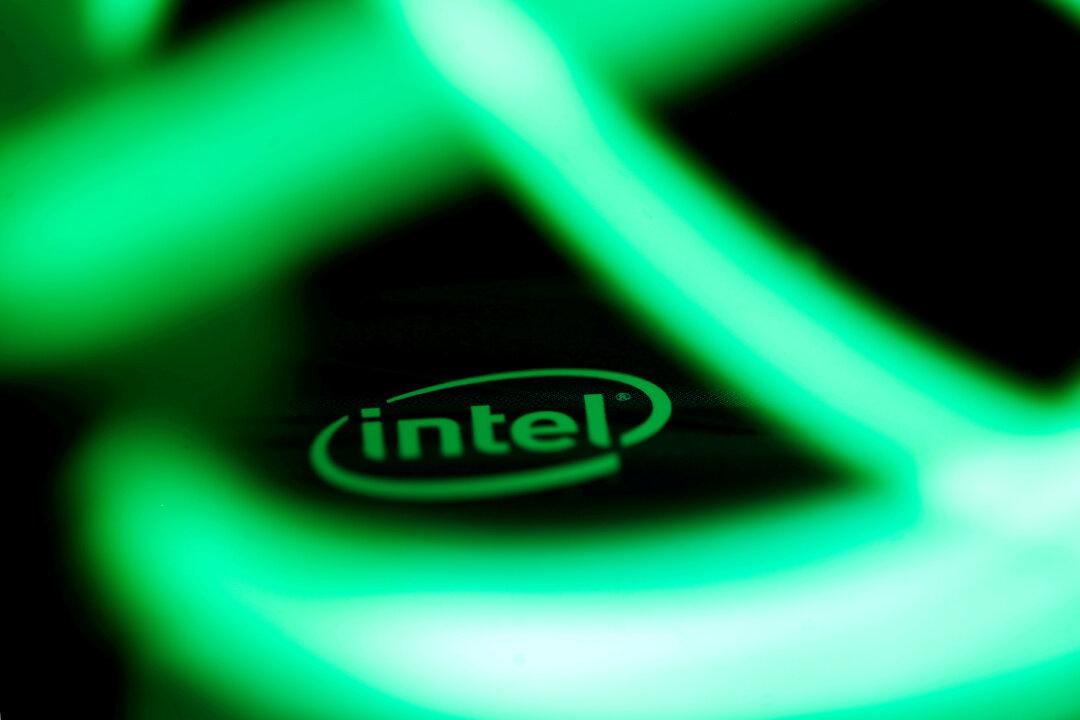SAN FRANCISCO—A trade group for the semiconductor industry on April 3 called on U.S. government leaders to boost funding for chip research and science education while easing limits on green cards in an effort to counter China’s investments in chip technology.
The Semiconductor Industry Association, which represents firms such as Intel Corp, Micron Technology Inc and Nvidia Corp, is asking U.S. officials to raise federal funding for chip research from a current $1.5 billion to $5 billion over the next five years and double funding for related fields such as materials science.





